A few weeks ago, I started posting letters on my Facebook profile addressed to those who are the descendants of the colonizers.
I’m surprised at how widely the letters have been shared, prompting one of my patrons, Tawnya Brown, to post the following:
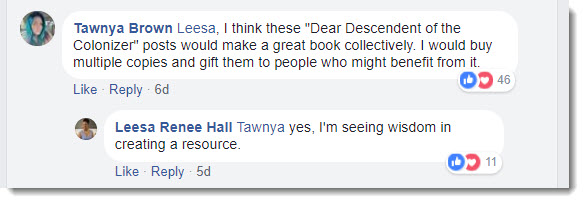
I write a lot and I can never tell how my words will travel. Given that there has been such a reaction to these letters, I’ll be producing a podcast under the same.
Dear Descendants of the Colonizers came to me after watching the movie Black Panther…
There was a moment where Princess Shuri (played by Letitia Wright), blurts out the following quote after CIA agent Everett Ross (played by Martin Freeman) surprises her:
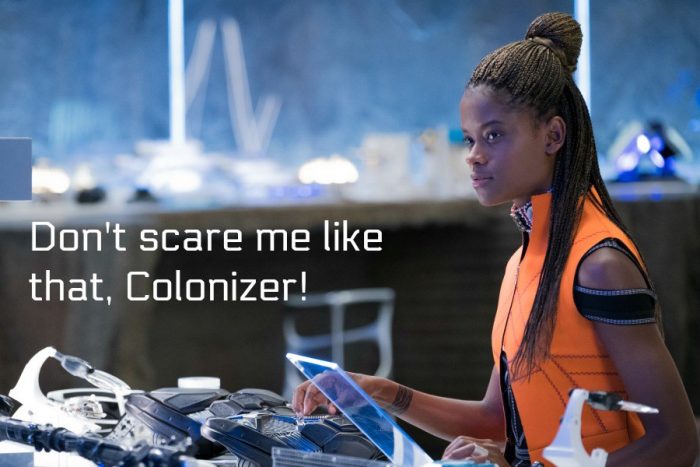
Marvel Studios’ BLACK PANTHER ft Shuri (Letitia Wright)
Ph: Matt Kennedy, ©Marvel Studios 2018
The theatre I was in laughed. I did too. It was both a poignant and cute quote.
Despite our laughter over that scene, the actions of those who colonized the Americas are no laughing matter…
During a time known as the Age of Discovery, the Europeans fought for dominance and power in the lands that were already occupied by Indigenous people.
The British eventually came to dominate most of the lands in the western hemisphere up until the late 19th century and with them came instruments of control and brutality, specifically, colonization.
I am a product of that brutality and violence…
I hate to admit it, but I am.
After getting the results of my DNA test, 1/3 of my DNA comes from Northern and Western Europe. The remaining 2/3 is West African, specifically from what is known today as Nigeria.
(Note: My Nigerian roots indicate when my West African ancestor arrived on the island of Jamaica. It would’ve been between the 1750s when Britain started importing slave exclusively from the Bight of Benin (present day Nigeria) and 1807 when Britain abolished the trading of slaves. Slavery was abolished through the British colonies partially in 1834, then fully in 1838, almost 30-years before the United States abolished slavery in its country.)
Due to family trees which have been completed by cousins of mine, and the oral histories which have been passed on by my elders, here’s where my European identity comes from:
- My sixth great-grandfather on my mother’s side of the family is a French white man. He owned a plantation after he arrived on the island of Jamaica (I found the slave registries with his name on it). My mother’s maiden name is French and anyone with that last name on the island of Jamaica are descended from him, our common ancestor. It is through him I get my Northern European ancestry.
- My sixth great-grandfather on my father’s side of the family is a British white man – John Barnes. He owned land in the parish of St. Elizabeth and it is through him that I get my Northern European ancestry. He, too, according to my great-grandfather, owned a plantation, and my ancestors took their last name from him once they were Christianized.
My European ancestors were on the island of Jamaica to do one thing – own a plantation…
Based on the slave narratives which exist, my Europeans ancestors took advantage of my West African ancestors. The oppressors exerting physical, economic, sexual control over the oppressed. I had to confront that reality and wrote through it as a way to heal.
As I healed, I came to terms with my European heritage…
I forgave my French ancestor and John Barnes for the harm they caused my West African ancestors. I could not boldly move forward in peace until I confronted, wrote about, and made peace with their decisions.
After re-reading the paragraph above, it doesn’t adequately capture what I’ve come to terms with. My white European ancestors were complicit in a system which removed the human rights of my West African ancestors. It’s not forgiveness I extend to the whiteness in me. It’s something else. I’ll update this post after I go through my sacred writing time.
I also had to hold empathy for my West African ancestors. I used to think that if only they fought hard enough, then they would not have been captured as a slave. But that’s not fair. Plus, I wouldn’t exist if they had not survived.
I now see my mixed ancestry as an form of resistance…
I listened to an interview with Lyla June on a podcast called A Worldview Apart hosted by Eric Garza. In Episode 53, June spoke about Intergenerational Trauma and Making Peace With European Heritage.
June said this of her mixed European and Indigenous ancestry:
“Which one do I choose? The beauty of it is that it doesn’t matter which one you choose. Investing in one doesn’t mean you have to completely ignore the others. You can explore the others a little bit. But really diving into one gives you an opportunity to give you a deeper understanding that then you can share with others to give them something to be excited about, something to hold on to and use in every day life.” Lyla June, Diné singer, writer, and activist
Her words were EXACTLY what I needed to hear as I had made peace with my European heritage. It was if her words gave me permission to embrace both my European and West African ancestries. I had decided to do so after coming out of my year of writing, and June’s words only confirmed that decision.
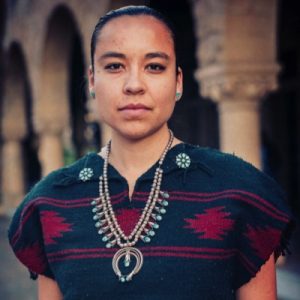
Lyla June
Here’s what I now know…
If we go far back in our histories, we’ll find the good of who we were meant to be. If we uncover our indigenous languages, customs, and spiritual practices, we’ll be reminded of what we were before whiteness took over.
(If you do not know the difference between whiteness and white skin, read this article from the University of Calgary. Because it’s not white people who are the problem, it the system built to give unmerited favours to those with white skin.)
Although 1/3 of my DNA is white European (including 5% Finnish ancestry – wow!), I choose to dive deep into learning more about my Nigerian roots since that ancestry makes up the majority of my DNA.
My confidence has grown as I discovered the kingdom that my ancestor may have lived beside. I started studying my indigenous spiritual practices and could see linkages between what my pre-slavery ancestors practiced and the customs which exist in Jamaica today.
I asked myself, “If rediscovering my roots is raising my confidence, what would happen if the descendants of the colonizers were given resources to do the same?”
And that’s why I started writing the letters. They state the problem, and then offers a solution.
I don’t write these letters to say I’m complicit in their violence.
I don’t write these letters to absolve them of the generational trauma their ancestors have passed on.
I don’t write these letters to coddle them as they continue to benefit from a system which gives them advantages based on nothing more than the colour of their skin.
I write these letters to heal my bloodline.
And I write these letters to give the descendants of the colonizers permission to look back, confront the violence, then look forward so they leave a better legacy for their descendants. A legacy based on seeing the humanity of people of colour.
I will publish the letters fully on my blog in the coming days…
For now, if you’d like to read them on my Facebook profile, here are the links:
- Letter #1: Research your ancestry so you uncover your humanity
- Letter #2: You cannot push past the pain
- Letter #3: Discover your ancestor’s spirituality so you stop appropriating other’s
- Suggestions for future letters from descendants of the colonizers
[Featured image is a painting by Theodor de Bry (1594) called Christopher Columbus landing in the “new world”]
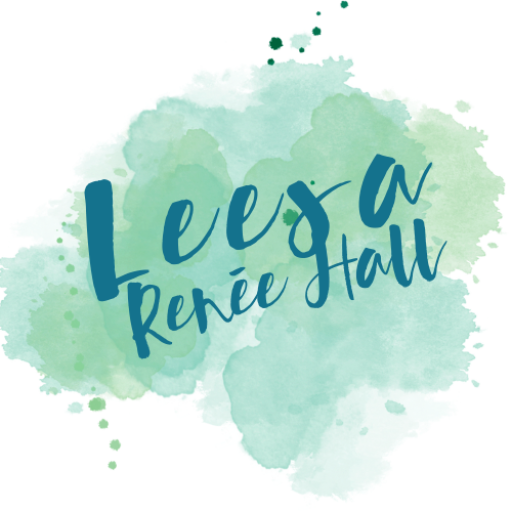
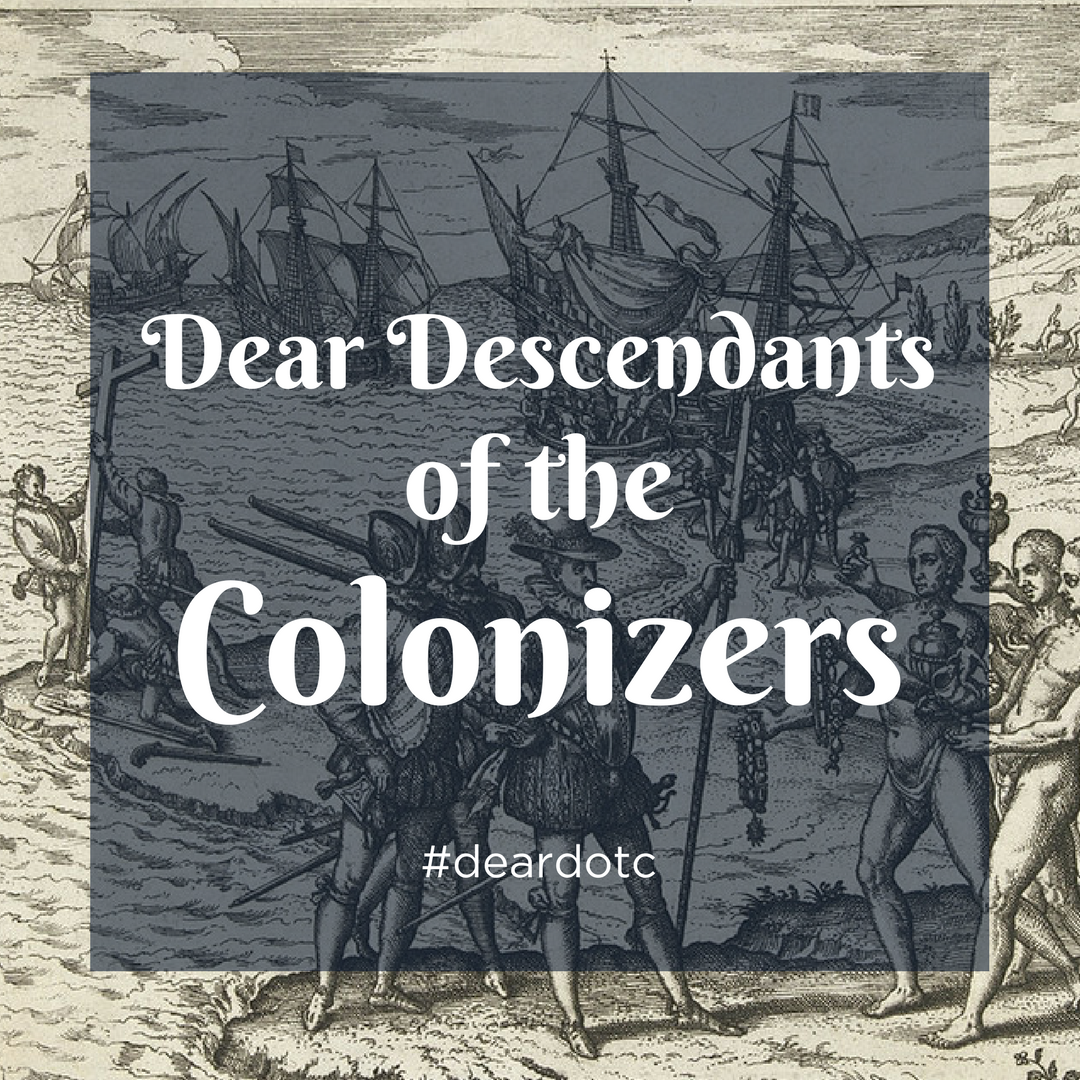
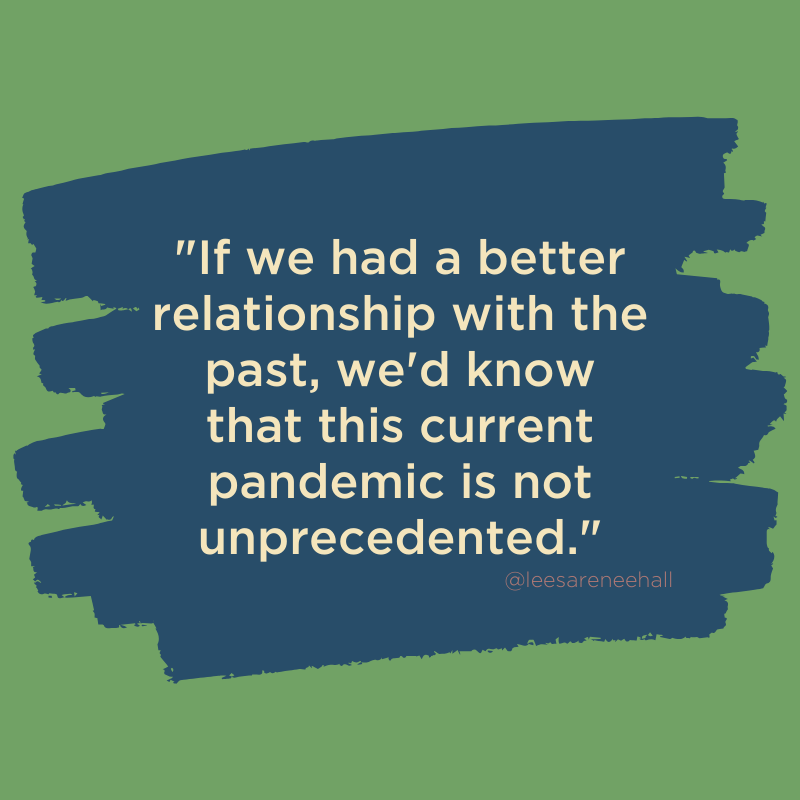
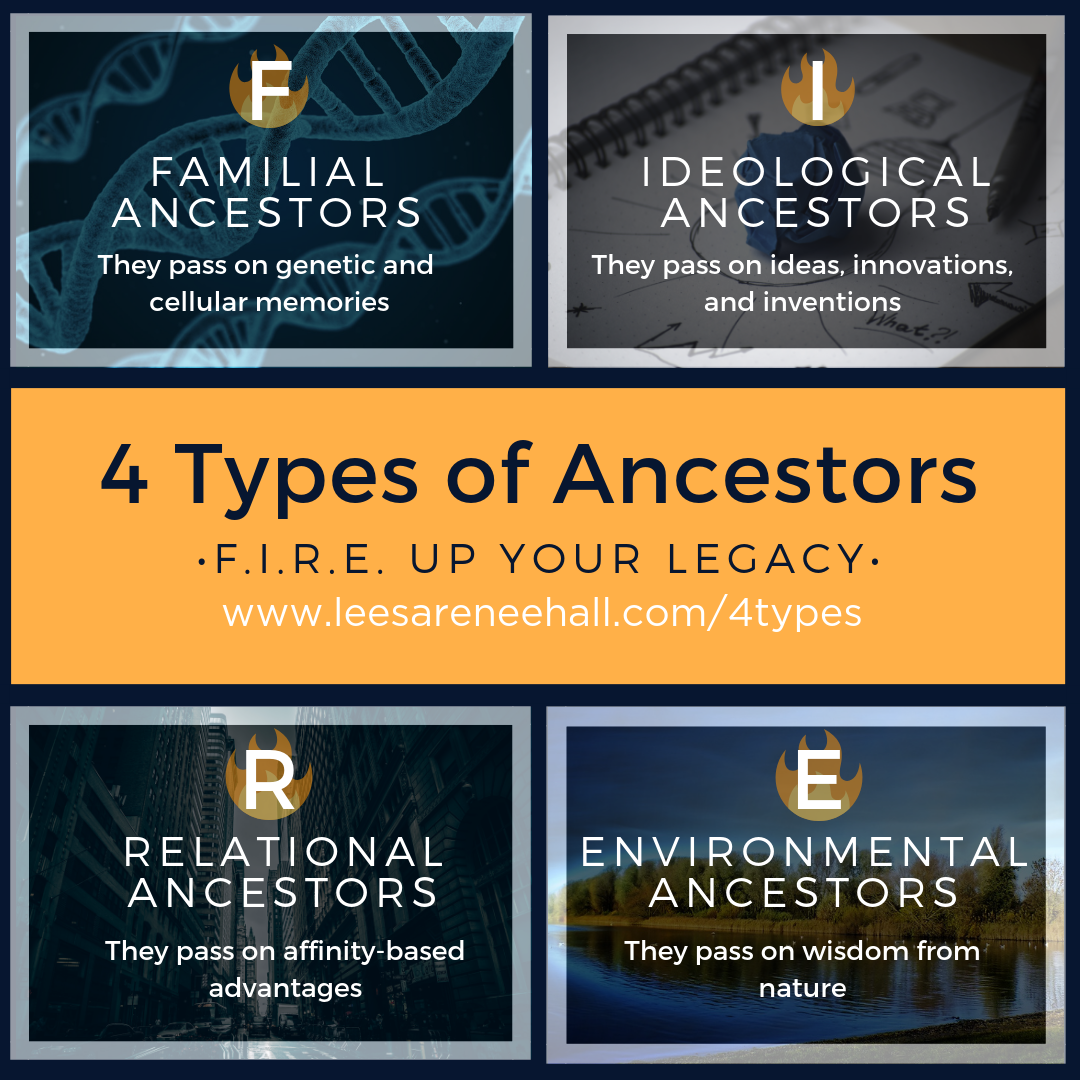
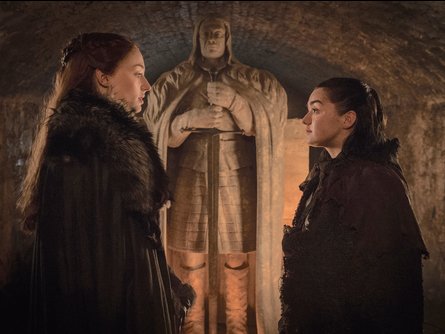
0 Comments